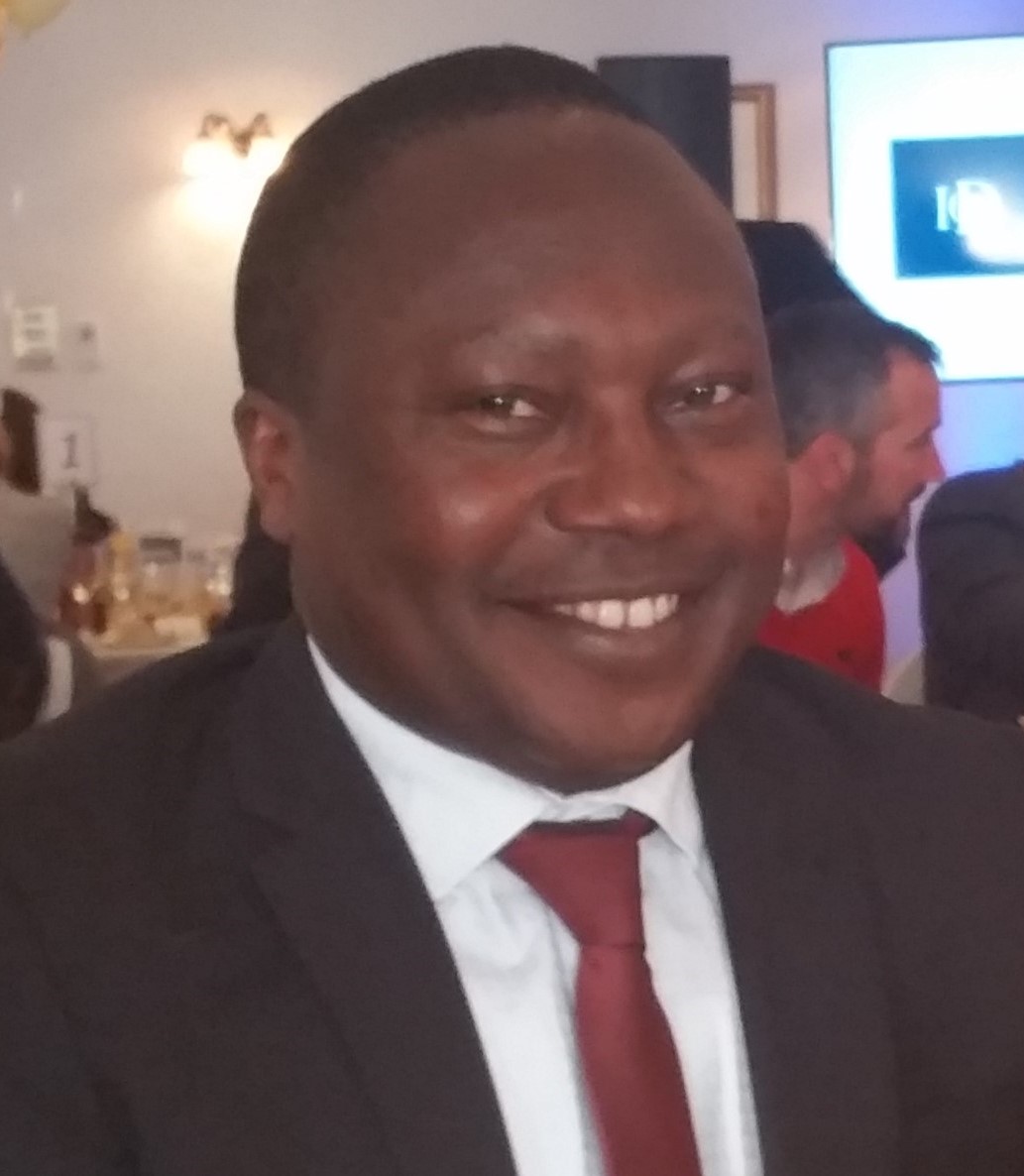A group of academics, including a Nigerian-born university don, Dr. Paul Agu Igwe, has advocated the “reengineering” of higher education in Nigeria in order to improve its standard.
Dr. Igwe is of Lincoln International Business School, University of Lincoln.
In a 2019 lead academic article he published alongside Dieu Hack-polay, John Mendy, Ted Fuller and Deborah Lock in Studies in Higher Education, they highlighted some of the challenges facing Nigeria’s higher education and proposed recommendations.
The article is ranked 3/243 globally in the Education & Educational Research, Thomson Reuters, with Impact Factor 2.854.
“Since the post-colonial era, many African countries have witnessed several educational reforms geared at improving the relevance of education to local socio-economic realities,” they said.
Their article argued that higher education system on the continent focuses excessively on student admission standards, lecturers’ academic qualifications, rigorous examination protocols, degree programme requirements, etc., while missing important policies required for quality education.
Their investigation further showed that knowledge exchange in the region has been decreasing and higher education faces difficult challenges, including a rapid increase in the number of students, brain drain, low course quality, difficulties in governance structures, and financial constraints.
Also, they contended that the sector is characterised by high levels of strike actions and government inability to meet the demands of the labour union.
Compared to international standards, the sector lags in terms of the roles of university, according to the group.
Their study adopts a multi- level framework and analysis of “reengineering approach” following a pioneering work by Davies (1997) which they defined as the fundamental rethinking and radical redesign of business processes to achieve dramatic improvement in critical contemporary measures of performance.
They described the process as starting with the proverbial ‘clean sheet of paper’ to reconceptualise the processes and context.
Igwe, et al., finally drew on Parry (1998) theoretical work directed towards “leading change in complexity” and the methodological framework of “Pedagogical Content Knowledge” to examine the set design, quality and teaching practices.
They advised that higher education policies should focus on integrated model of access, quality and relevance concerning improving knowledge, skills and employability of graduates.
“These have traditionally been addressed in a piecemeal perspective in higher education policy and the academic practices”, they concluded.

 Join Daily Trust WhatsApp Community For Quick Access To News and Happenings Around You.
Join Daily Trust WhatsApp Community For Quick Access To News and Happenings Around You.


